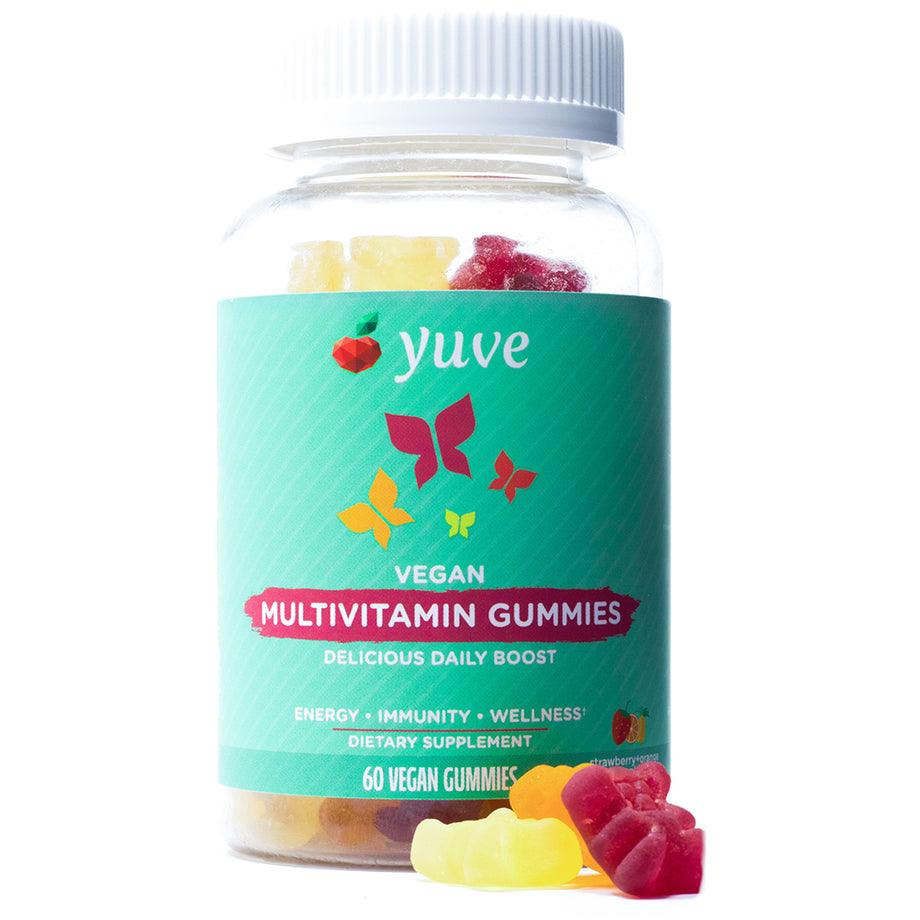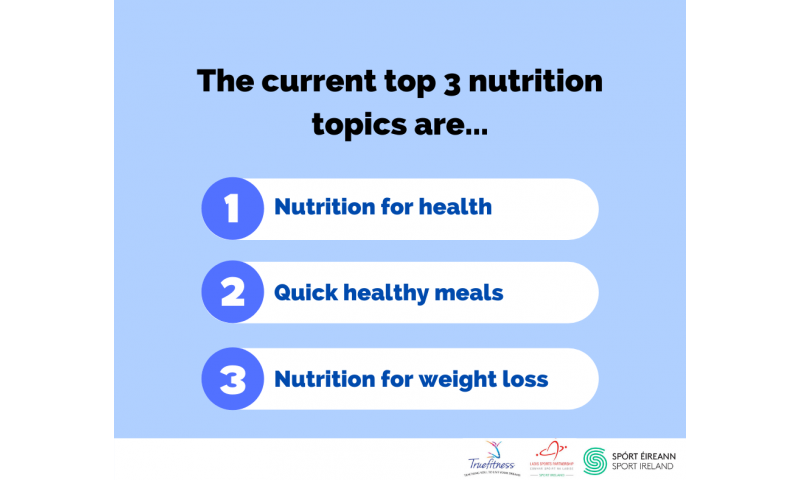
Protein is vital for healthy vegan eating habits. It is available in plant-based foods, such as whole grains, seeds, nuts, and seeds. You can also find additional protein in hemp, chia, and flax seed. They are rich in essential fatty acids and protein. They also have antioxidant and fiber properties. High amounts of omega-3-fatty acids are found in nuts such as almonds and walnuts. Other nuts like pecans and brazil nuts are great sources of magnesium, vitamin E, and zinc.
Protein
You should remember that vegans will consume less protein than those who follow a traditional American diet. It is not necessarily a bad thing. However high protein diets can increase your chance of osteoporosis, kidney disease, and other health issues. Consider including other foods in the diet to increase your protein intake.
Calcium
If you are vegan, it's vital to eat enough calcium. Many foods are fortified and contain calcium to help you get the necessary amount. Fortified yogurt contains 100g of calcium. There are also 80g servings of nuts, fruits, and seeds. Alternatively, you can include one tsp. of dried herb in your diet.

Whole grains
Whole grains are an essential part any vegan diet plan. They contain numerous important nutrients. Whole grains can be used in sandwiches, baked goods, salads, and other foods. These whole grains can be used in a stir-fry or curry.
Water
Drinking enough water is a crucial part of a healthy vegan diet plan. It has many benefits for your health, including lowering your risk of kidney stones and diabetes. It can lower the risk of infections in your urinary tract and prevent dental disease. Increasing your fluid intake is also important for people who are transitioning to a vegan diet. The addition of fiber can cause unwanted digestive changes. Make sure you are drinking enough water to compensate.
Saturated fats
Saturated fats can be described as a group of fatty acid that is found primarily in animal products. However, they can also be found in foods. These fats are linked with cardiovascular disease. Consuming too many of them can cause serious health problems. The American Heart Association has reduced the daily recommended intake of saturated fat from 5 to 6 percent of your total calories. A healthy vegan diet should have no more than a quarter of your daily calories from saturatedfat, which is the same as for animal products.
Vegetables
Vegetables are an essential part of a healthy vegan diet. Vegetables are rich in vitamins, fiber, and may lower the risk of some cancers. Vegetables are also an excellent source of fiber, which helps keep bowel movements regular. Vegetables can be digested more easily than animal products. Vegetables can also be an excellent choice for those trying to lose weight.

Legumes
Legumes can be a delicious plant-based food. They are an excellent source of protein and fiber. As a side or main course, you can include them in your meal plans. You can also add them as a dessert ingredient.
WSLF diet
The WSLF diet has become quite popular with YouTube and Instagram celebs such as Alex and Kristin MacDowell. It is based on leafy greens, starchy vegetables, and whole grains. You can also get healthy fats from avocados, nuts, seeds and avocados.
FAQ
Is being cold bad for your immune system?
Cold weather can cause a decline in your immune system. Your body makes less white blood cell to fight infection. Cold can also make you feel better as your brain releases endorphins, which reduce pain.
Is being cold bad for your immune system?
There are two types of people in the world: those who love winter and those that hate it. It doesn't really matter whether you love winter or you hate it. You might wonder why you feel so bad when it's cold.
The answer lies in the fact that our bodies are designed to function best during warm weather. Because of this, our bodies evolved to thrive and survive in hot climates.
We live in a very different environment than our ancestors. We spend more time indoors and are often exposed to extreme temperatures (cold or heat) and eat processed foods rather than fresh.
As a result, our bodies aren't used to such extremes anymore. It means that when we do go outdoors, our bodies feel tired, sluggish even sick.
There are many ways to avoid these side effects. Keep your body hydrated. If you drink plenty of water, you'll help keep your body properly hydrated and flush toxins from your system.
It is important to eat healthy foods. Your body will stay at its best when you eat healthy foods. This is especially beneficial for anyone who spends a lot of time inside.
Take a few minutes every morning to meditate. Meditation can relax your mind and body which can make it easier to deal stress and illness.
What is the difference between sugar and fat?
Fat can be a source of energy that is obtained from food. Sugar is a sweetener found in fruits, vegetables, and other foods. Both sugars, and fats, have the same calories. However, fats provide more calories than sugars.
Fats are stored in your body and can cause obesity. They cause cholesterol buildup in arteries which may lead to heart attacks and strokes.
Sugars are quickly absorbed by the body and provide instant energy. This causes blood sugar levels to rise. High blood glucose levels can pose a danger because they increase the chance of developing type II Diabetes.
How do I know what's good for me?
You must listen to your body. Your body knows best when it comes to how much exercise, food, and rest you need. Your body will tell you what to do so that you don't go overboard. You must listen to your body to ensure you are healthy.
Statistics
- WHO recommends consuming less than 5% of total energy intake for additional health benefits. (who.int)
- WHO recommends reducing saturated fats to less than 10% of total energy intake; reducing trans-fats to less than 1% of total energy intake; and replacing both saturated fats and trans-fats to unsaturated fats. (who.int)
- Extra virgin olive oil may benefit heart health, as people who consume it have a lower risk for dying from heart attacks and strokes according to some evidence (57Trusted Source (healthline.com)
- The Dietary Guidelines for Americans recommend keeping added sugar intake below 10% of your daily calorie intake, while the World Health Organization recommends slashing added sugars to 5% or less of your daily calories for optimal health (59Trusted (healthline.com)
External Links
How To
How to keep your body healthy
This project had the main purpose of providing suggestions for how to maintain your health. It is important to know what you should do in order to maintain good health. We had to learn what was good for our bodies in order to do this. After looking at various ways people can improve their health, we discovered that there are many options that could be of help to us. We finally came up with some tips to help us be happier and healthier.
We began by looking into the various types of food we eat. Some foods are unhealthy and others are healthy. We know that sugar causes weight gain, so we are aware of this. Fruits and vegetables, on the other hand are healthy because they are rich in vitamins and minerals that are vital for our bodies.
Next, exercise was discussed. Exercise improves the strength and energy of our bodies. It makes us feel happy. There are many different exercises we can do. Walking, running, swimming and dancing are just a few of the many options. Yoga is another option to increase strength. Yoga is a great workout because it increases flexibility and improves breathing. It is important to avoid junk food, and to drink plenty of water, if we wish lose weight.
Last but not least, we discussed sleep. Sleep is one of the most important things that we do every day. Insufficient sleep can cause fatigue and stress. This can lead to headaches, back pain and other health problems, such as depression, heart disease, diabetes, heart disease, and obesity. If we want to be healthy, we need to get enough sleep.